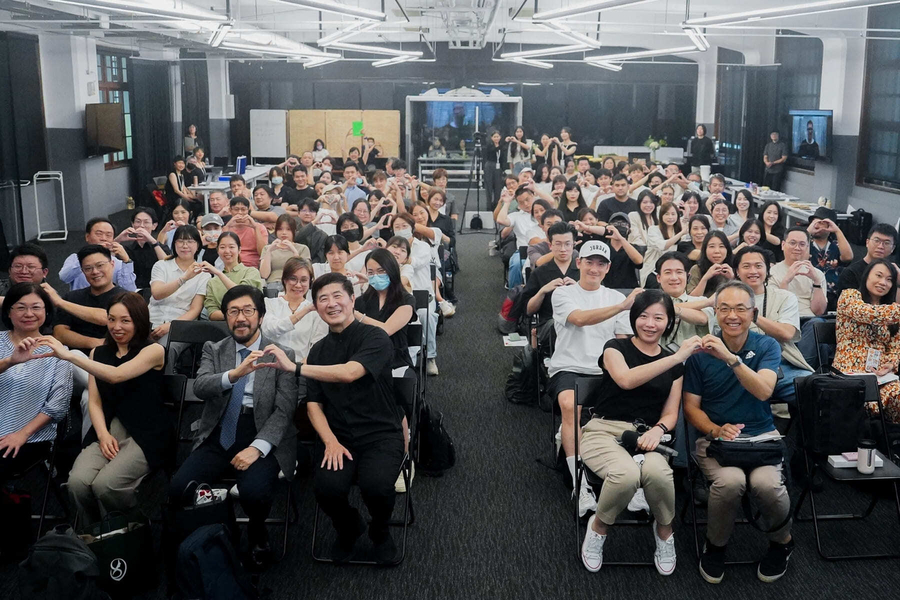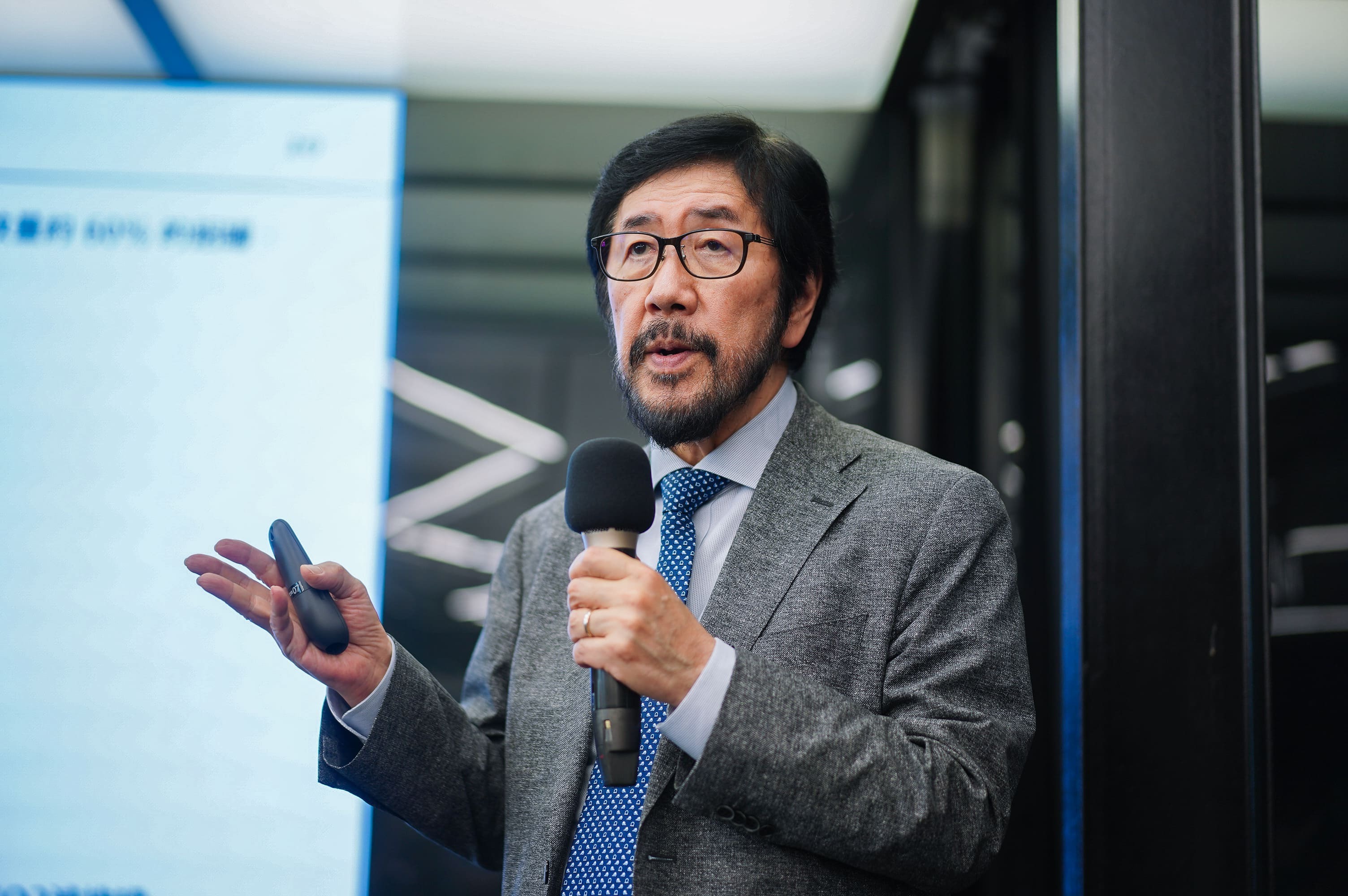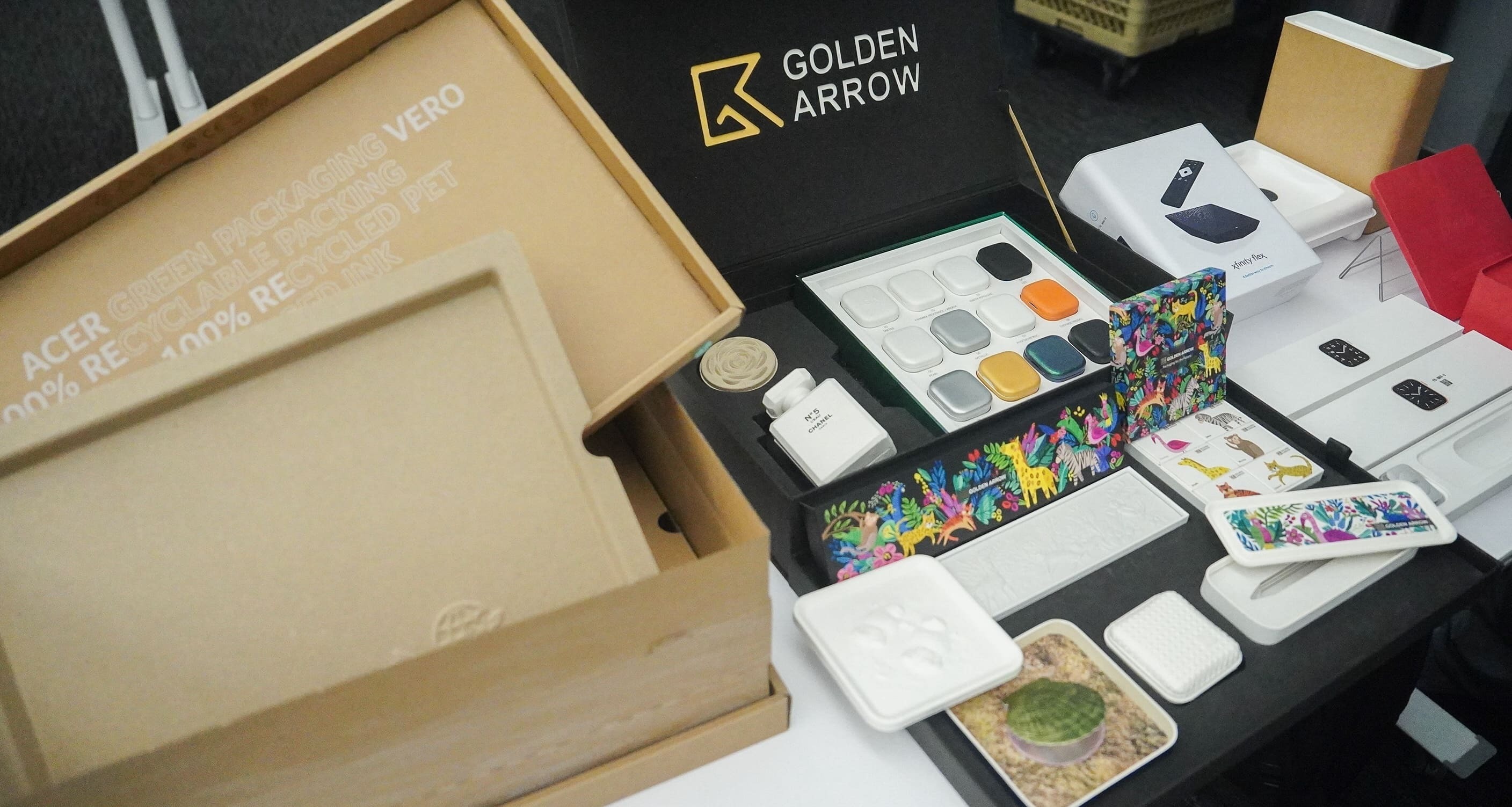Design Driving Sustainable Transformation — “Think Circular x Design Impact” Forum Brings Together Global Design and Industry Innovators

To promote the integration of design thinking into sustainability and accelerate green transformation in industries, the Taiwan Design Research Institute (TDRI) hosted the forum “Think Circular x Design Impact – Rethink, Redesign, Regenerate | Shaping the Future of Sustainable Brands” on July 1.
The event brought together over 96 participants from government, academia, and the design industry, featuring speakers from Japan, Australia, and Taiwan who explored how design can reshape sustainable branding, packaging innovation, and smart manufacturing.

The forum opened with Atsuro Yamada, President of Gramco Japan, who shared insights on Purpose Branding — emphasizing how brands can drive corporate sustainability through a clear sense of purpose. Using UACJ and Bandai Namco as examples, he highlighted that a brand is more than a logo; it represents a company’s social and environmental responsibility, stressing that “the sustainability of a brand comes from action, not slogans.”
Eisuke Tachikawa, Founder of NOSIGNER, shared his concept of “Evolutional Creativity,” a design approach inspired by biological adaptation that redefines how creativity drives sustainability. He emphasized that design should help rebuild social and economic systems through creativity and observation. Showcasing projects that revived local culture, reduced packaging waste, and reimagined traditional industries, he demonstrated how nature’s principles of adaptation can inspire regenerative and socially responsible design in harmony with nature.
From Australia, Andrew Simpson, Founder of Vert Design, shared two decades of experience in circular design using recycled plastics and marine waste materials. He emphasized that designers act as “risk translators,” balancing material innovation, technology, and emotional value to make sustainability a lifestyle, not just a technical solution. His guiding philosophy — “the origin defines value” — encourages giving new life and stories to reclaimed materials.
Sandra Dal Maso, representing the Australian Packaging Covenant Organisation (APCO), shared Australia’s national circular packaging strategy, highlighting collaboration across government, industry, and consumers. She outlined four key targets: achieving fully recyclable, reusable, or compostable packaging; increasing recycled content; and eliminating single-use materials. To meet these goals, APCO is developing a national Extended Producer Responsibility (EPR) framework with eco-modulated fees that tie costs to recyclability, promoting greener design and ensuring brands take full responsibility for their packaging lifecycle.
The second half of the forum focused on Taiwan’s industry-driven sustainability initiatives. Everplast Environmental Technology Co., Ltd. shared its 25 years of experience in plastics recycling, highlighting the “Circular Vegetable Bag Project” in partnership with Homemakers United Foundation — a collaborative model connecting consumers, logistics, and manufacturers to achieve full-cycle recycling. The company also introduced the Resource Circulation Promotion Act and its “3R+S” incentive policy, which grants up to 45% income tax reduction for products that meet criteria such as single-material design, minimal labeling, and inclusion of recycled content — encouraging businesses to adopt circular design.

Golden Arrow Printing Technology Co., Ltd. showcased its transformation from a traditional OEM manufacturer to a premium packaging supplier for global brands such as Apple, Chanel, and LVMH, demonstrating Taiwan’s leadership in plastic-free and low-carbon packaging innovation.
Meanwhile, Pontex Co., Ltd. shared how it applies smart manufacturing technologies — including digital printing, AI inspection, and RTO thermal oxidation systems — to reduce carbon emissions by 1.08 million kilograms over five years, proving that “decarbonization equals cost savings.”
The forum concluded with enthusiastic discussions among international brand representatives, designers, manufacturers, and academic experts. Participants agreed that the event not only provided valuable insights into global sustainability trends but also showcased Taiwan’s strong capacity for design-driven innovation, positioning the island as a leading force in advancing the circular economy and sustainable transformation through design.